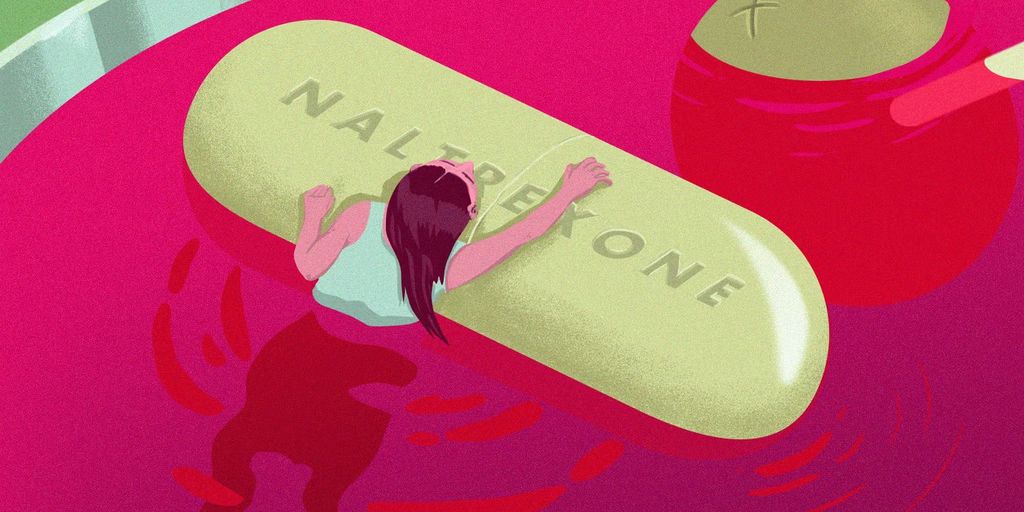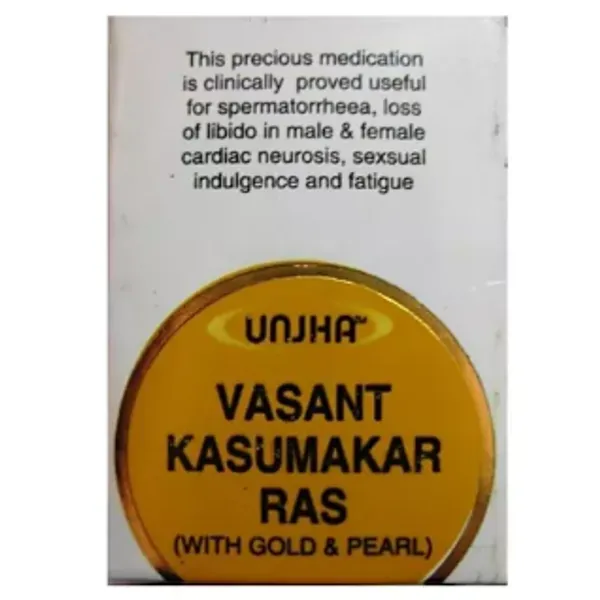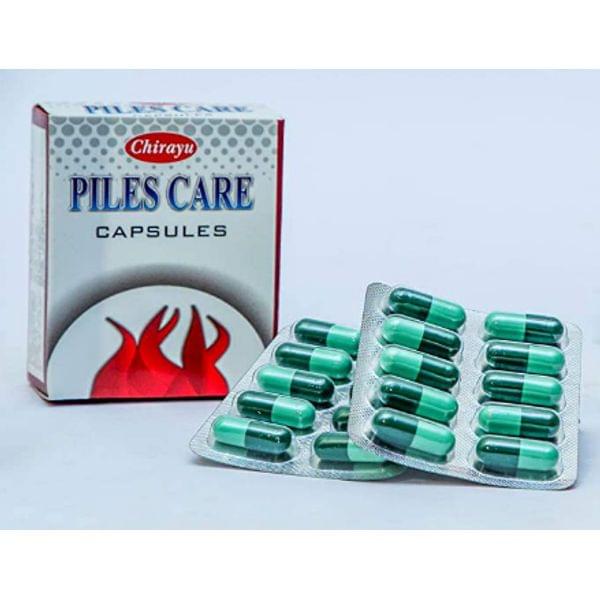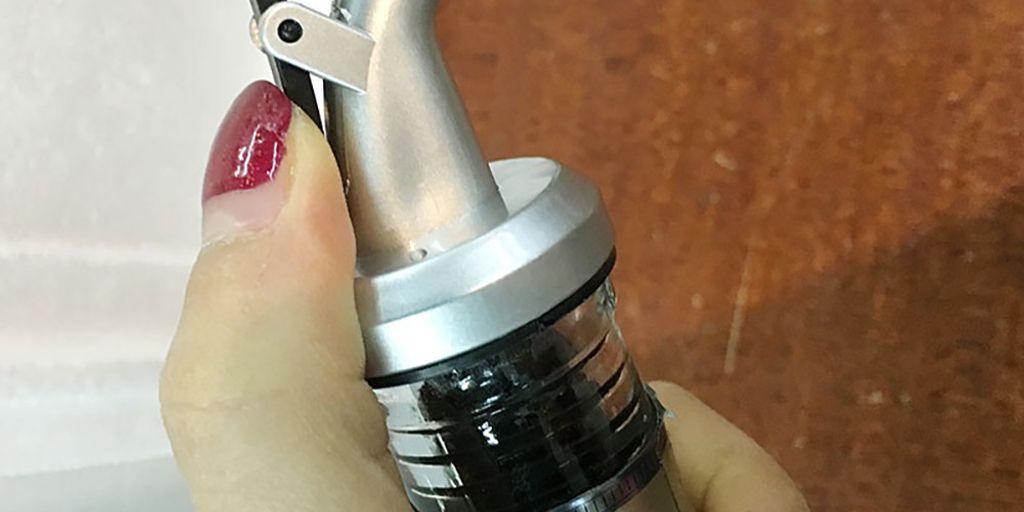In the pursuit of starting a family, sperm health plays a crucial role in male fertility. Understanding how to boost sperm count can open doors to improved fertility outcomes. This article delves into the biological aspects of sperm production, the impact of diet and lifestyle on sperm quality, and the medical interventions available for those facing challenges with fertility. We will explore a range of solutions from dietary supplements and pharmaceutical options to lifestyle changes and assisted reproductive technologies, providing a comprehensive guide to enhancing sperm count and overall reproductive health.
Key Takeaways
- Sperm health is a vital component of male fertility, and understanding the factors that affect sperm production is key to improving it.
- Dietary supplements, including vitamins, minerals, and herbal remedies, can play a significant role in enhancing sperm count and quality.
- Pharmaceutical options are available for boosting sperm count, but it’s important to be aware of the potential side effects and contraindications.
- Lifestyle modifications such as regular exercise, stress management, and adequate sleep are proven to have a positive impact on sperm health.
- In cases where natural and lifestyle interventions are insufficient, medical procedures and assisted reproductive technologies offer alternative solutions for overcoming fertility challenges.
Understanding Sperm Health and Fertility
The Biology of Sperm Production
Sperm production, or spermatogenesis, is a complex process that occurs within the testicles. It involves the development of sperm cells from germ cells in a series of stages over approximately 64 days. The health of these sperm is critical to male fertility.
Factors such as temperature, hormonal balance, and overall health play a pivotal role in this process. The optimal temperature for sperm production is slightly lower than the body’s core temperature, which is why the testicles are located outside the body.
- Germ cell development
- Spermatogonial stem cell phase
- Spermatocyte stage
- Spermatid stage
- Spermatozoa maturation
Maintaining a healthy lifestyle and managing conditions like diabetes are essential for optimal sperm health. Ayurvedic treatments and other tablets aimed at enhancing male health can influence sperm production, with both potential benefits and side effects.
Understanding the biology of sperm production is the first step in addressing issues related to low sperm count and suboptimal fertility.
Factors Affecting Sperm Quality and Quantity
Several factors can impact sperm health, influencing both the quality and quantity of sperm produced. Lifestyle choices, such as smoking and excessive alcohol consumption, can have detrimental effects. Environmental factors like exposure to toxins and heat can also play a significant role.
Diet and nutrition are crucial for optimal sperm production. Deficiencies in certain vitamins and minerals can lead to reduced sperm count. Stress and obesity are additional factors that can negatively affect sperm parameters.
It’s important to recognize that both physical and psychological health contribute to male fertility. A holistic approach to well-being, including the management of stress and maintaining a balanced diet, is beneficial.
The following list outlines some key factors that influence sperm health:
- Diet and nutrition
- Exercise and weight management
- Substance use (tobacco, alcohol, drugs)
- Environmental toxins
- Stress levels
- Underlying medical conditions
The Link Between Sperm Count and Male Fertility
Understanding the connection between sperm count and male fertility is crucial for those seeking to conceive. A higher sperm count increases the odds of successful fertilization, as it boosts the chances that an egg will be met by a viable sperm. However, it’s not just about quantity; the quality of sperm is equally important.
Factors such as motility (the sperm’s ability to move), morphology (the sperm’s shape), and vitality (the sperm’s liveliness) also play significant roles in fertility. A balanced semen microbiome is essential, as imbalances can negatively affect sperm health. Recent research suggests that the semen microbiome is linked to male infertility, indicating that bacterial imbalances may impact sperm count and quality.
Maintaining a healthy sperm count and quality is a multifaceted process that involves not only medical and lifestyle choices but also an understanding of the underlying biological factors.
To optimize fertility, men should consider a holistic approach that includes regular health check-ups, lifestyle adjustments, and possibly dietary supplements or medications.
Dietary Supplements for Sperm Enhancement
Vitamins and Minerals Essential for Sperm Production
Adequate intake of specific vitamins and minerals is crucial for optimal sperm production and overall reproductive health. Zinc plays a pivotal role in testosterone synthesis and sperm formation, while vitamin C and E are important antioxidants that protect sperm DNA from damage.
- Zinc: Essential for hormone balance and sperm quality.
- Folate: Supports DNA synthesis in sperm.
- Selenium: Necessary for sperm motility.
- Vitamin D: Linked to testosterone levels.
Ensuring a balanced diet or supplementing with these nutrients can significantly improve sperm count and quality.
Choosing the right supplements is vital. Good Health Tablets that provide the necessary dosage of these nutrients can be a key component in a strategy to boost fertility.
Herbal Supplements: Traditional Wisdom and Modern Research
The use of herbal supplements to enhance fertility is a practice rooted in traditional medicine, yet it is increasingly supported by modern scientific research. Ashwagandha, for example, has been shown to improve sperm count and motility in several studies.
Ginseng, another popular herb, is reputed for its potential to increase testosterone levels and sperm production. Below is a list of commonly used herbs and their purported benefits:
- Ashwagandha: May improve sperm quality and stress-related fertility issues.
- Ginseng: Believed to enhance sexual function and sperm production.
- Maca root: Traditionally used to boost libido and fertility.
- Fenugreek: Linked to increased testosterone levels and sperm count.
While these herbs are widely used, it is crucial to approach herbal supplementation with caution. The efficacy and safety of herbal remedies can vary, and they are not regulated with the same rigor as pharmaceuticals.
It is essential to consult with a healthcare provider before starting any herbal supplement, especially for individuals with pre-existing health conditions or those taking other medications.
The Role of Antioxidants in Protecting Sperm
Antioxidants play a crucial role in safeguarding sperm against oxidative stress, which can damage sperm DNA and reduce fertility. The presence of antioxidants is essential to neutralize free radicals, ensuring the integrity and functionality of sperm cells.
Vitamin E and Vitamin C are among the most potent antioxidants that have been shown to improve sperm quality. Other important antioxidants include:
- Selenium
- Zinc
- Coenzyme Q10
- L-carnitine
Antioxidants not only protect sperm but also contribute to improved motility and overall sperm health, which are vital for successful conception.
Regular intake of antioxidant-rich foods or supplements can be a beneficial strategy for men looking to enhance their fertility. However, it’s important to consult with a healthcare provider to determine the appropriate dosage and to avoid potential interactions with other medications.
Pharmaceutical Options for Boosting Sperm Count
Prescription Medications and Their Mechanisms
Prescription medications play a pivotal role in addressing male fertility issues, particularly when it comes to increasing sperm count. One such medication is Clomiphene, an antiestrogen that may stimulate sperm production. While it is known to potentially increase sperm counts, its effects on sperm motility or morphology remain uncertain.
Clomiphene works by blocking estrogen receptors in the brain, which leads to an increase in the production of follicle-stimulating hormone (FSH) and luteinizing hormone (LH). These hormones are crucial for spermatogenesis, the process of sperm production.
While prescription drugs can be effective, it’s essential to understand their mechanisms and potential impacts on overall sperm health.
Other medications used to enhance sperm count include gonadotropins and aromatase inhibitors. These drugs have specific targets and mechanisms:
Over-the-Counter Drugs: Benefits and Risks
While prescription medications for boosting sperm count are often the go-to for many individuals, over-the-counter (OTC) options present an accessible alternative. The allure of OTC drugs lies in their availability and the convenience of not requiring a doctor’s prescription. However, it’s crucial to weigh the benefits against the potential risks.
Herbal supplements and vitamins are popular OTC choices that claim to enhance sperm health. These products may contain a blend of natural ingredients purported to improve sperm count and motility. For instance, the market offers various herbal products aimed at improving overall health, including those for Unani medicine solutions for low sperm count.
It is essential to approach OTC fertility supplements with caution, as their efficacy and safety are not always guaranteed by regulatory agencies.
While some men may experience improvements, others might not see any change or could even face adverse effects. Here’s a brief list of considerations when opting for OTC drugs to increase sperm count:
- Evaluate the credibility of the brand and the product.
- Look for clinical evidence supporting the supplement’s claims.
- Be aware of the potential for interactions with other medications.
- Understand that ‘natural’ does not always mean safe or side-effect-free.
- Consult with a healthcare professional before starting any new supplement.
Understanding the Side Effects and Contraindications
When considering pharmaceutical options to boost sperm count, it’s crucial to be aware of potential side effects and contraindications. Each medication comes with its own set of risks, and understanding these is key to making an informed decision.
Contraindications may include pre-existing medical conditions or interactions with other medications. It’s important to consult with a healthcare provider to determine if these drugs are safe for you.
- Prescription medications can cause a range of side effects from mild to severe.
- Over-the-counter drugs, while more accessible, still carry risks and should be used with caution.
- Always read the label and follow the prescribed dosage to minimize adverse effects.
Remember, the goal is to enhance fertility without compromising overall health. Weighing the benefits against the potential risks is a necessary step in this process.
Lifestyle Modifications to Improve Sperm Quality
Exercise and Its Impact on Sperm Health
Regular physical activity is not only beneficial for overall health but also plays a significant role in enhancing sperm quality. Moderate exercise has been shown to increase sperm count and motility, which are critical factors for male fertility.
Exercise can lead to improved hormone levels and better antioxidant defense in the body, both of which are important for protecting sperm from oxidative stress. However, it’s important to strike a balance, as excessive exercise may have the opposite effect, potentially leading to a decrease in sperm quality.
- Moderate intensity: Ideal for sperm health
- Excessive training: Can be detrimental
- Consistency: Key to seeing benefits
While the right amount of exercise can be a boon for sperm health, overdoing it can introduce unnecessary stress on the body, which may negatively impact fertility.
It is advisable for individuals looking to improve their sperm health through exercise to consult with a healthcare professional to create a balanced and personalized fitness plan.
Managing Stress for Better Fertility Outcomes
The journey to parenthood can often be stressful, but it’s crucial to understand that stress management plays a significant role in enhancing fertility. High stress levels are linked to lower sperm quality, which can impede the chances of conception. It’s important to incorporate stress-reducing activities into your daily routine to create a more conducive environment for sperm production.
Relaxation techniques such as meditation, deep breathing exercises, and yoga have been shown to improve sperm count and motility. Engaging in these practices can help mitigate the effects of stress on fertility. Additionally, setting aside time for hobbies and ensuring adequate social support can also contribute to lower stress levels.
Consistent stress management is not just beneficial for your mental health; it can also lead to better fertility outcomes.
Here are some practical steps to manage stress:
- Identify stress triggers and work on strategies to avoid or cope with them.
- Prioritize self-care and ensure you’re getting enough rest.
- Communicate openly with your partner about your feelings and concerns.
- Consider professional counseling or support groups if stress becomes overwhelming.
The Importance of Sleep in Male Reproductive Health
Adequate sleep is crucial for maintaining overall health, and this extends to male reproductive health as well. Poor sleep can significantly impact sperm quality, including its concentration, motility, and morphology. Men aiming to improve their fertility should prioritize getting sufficient rest each night.
Sleep is not just about quantity but also quality. Disrupted sleep patterns or sleep disorders can lead to hormonal imbalances that affect sperm production. It’s important to establish a regular sleep schedule and create an environment conducive to restful sleep.
Ensuring 7-9 hours of uninterrupted sleep can create the optimal conditions for sperm health.
Consider the following tips to enhance sleep quality:
- Maintain a consistent sleep schedule
- Create a relaxing bedtime routine
- Avoid caffeine and heavy meals before bedtime
- Ensure the sleeping environment is dark and quiet
- Limit exposure to screens and blue light in the evening
Medical Procedures and Assisted Reproductive Technologies
When to Consider Medical Intervention
Deciding to pursue medical intervention for boosting sperm count is a significant step that typically follows unsuccessful attempts with lifestyle changes and supplements. Medical intervention should be considered when there is a clear diagnosis of male infertility or if there’s a known genetic issue affecting sperm production.
Factors that may lead to this decision include persistent low sperm count, poor sperm motility, or abnormal sperm morphology despite trying non-invasive methods. It’s essential to consult with a fertility specialist who can provide a personalized assessment and discuss the potential benefits and risks associated with medical procedures.
- Initial Consultation: Discussing medical history and previous fertility efforts.
- Diagnostic Tests: Comprehensive analysis to determine the cause of infertility.
- Treatment Options: Reviewing the range of medical interventions available.
- Decision Making: Considering personal, financial, and emotional factors.
It is crucial to approach the decision with a clear understanding of the implications and a readiness to embark on a potentially complex fertility journey.
Innovative Treatments for Low Sperm Count
Recent advancements in medical science have led to the development of innovative treatments aimed at improving sperm count and fertility in men. Intracytoplasmic sperm injection (ICSI), a technique used in conjunction with in vitro fertilization (IVF), has shown promising results. During ICSI, a single sperm is injected directly into an egg, bypassing many of the barriers to fertilization.
Microsurgical testicular sperm extraction (micro-TESE) is another cutting-edge procedure designed for men with non-obstructive azoospermia. This surgical technique involves the meticulous extraction of sperm directly from the testicular tissue.
These treatments, while complex, offer hope to couples struggling with male infertility and represent a significant leap forward in reproductive technology.
The following table summarizes some of the innovative treatments and their characteristics:
| Treatment | Description | Success Rate |
|---|---|---|
| ICSI | Injection of a single sperm into an egg | Varies by case |
| micro-TESE | Extraction of sperm from testicular tissue | Dependent on individual factors |
It’s crucial for patients to discuss these options with a fertility specialist to understand the potential benefits, risks, and success rates tailored to their specific situation.
Success Rates and Considerations for Assisted Reproduction
When considering assisted reproductive technologies (ART), it’s crucial to understand that success rates can vary widely based on individual circumstances. Success rates are influenced by factors such as age, underlying fertility issues, and the specific ART procedure used.
Success rates for common ART procedures are as follows:
| Procedure | Estimated Success Rate |
|---|---|
| IVF | 20-35% |
| ICSI | 25-40% |
| IUI | 10-20% |
While these figures provide a general guide, it’s important to have a detailed discussion with a fertility specialist to assess your personal chances of success.
In addition to success rates, potential risks and side effects should be carefully considered. For instance, the Nutricharge View Tablet is known to be safe for consumption with mild side effects like gastrointestinal discomfort. It is also suitable for vegetarians. However, pregnant or breastfeeding women should consult a healthcare provider before use.
Exploring the world of medical procedures and assisted reproductive technologies can be overwhelming, but our comprehensive range of Ayurvedic remedies and personal care products at Swasthyashopee provides natural alternatives for your health and wellness needs. From managing pain to enhancing nutrition, our carefully curated selection caters to various aspects of your well-being. Embrace the holistic approach of Ayurveda and visit our website to discover products that align with your lifestyle and health goals. Take the first step towards a balanced life with Swasthyashopee.
Conclusion
In conclusion, addressing male fertility concerns with the aid of dietary supplements can be a proactive step towards increasing sperm count and enhancing overall reproductive health. The tablets discussed in this article have been highlighted for their potential benefits, backed by scientific research and clinical studies. It is crucial, however, to consult with a healthcare professional before starting any new supplement regimen, to ensure it is appropriate for your individual health needs and circumstances. Remember, while supplements can provide a boost, a holistic approach that includes a balanced diet, regular exercise, and stress management is equally important for optimal fertility.
Frequently Asked Questions
What factors can negatively affect sperm count and quality?
Several factors can negatively impact sperm health, including smoking, excessive alcohol consumption, obesity, stress, exposure to environmental toxins, and certain medical conditions such as varicocele or hormonal imbalances.
Can dietary supplements really improve sperm count?
Yes, certain dietary supplements containing vitamins, minerals, and antioxidants have been shown to improve sperm count and quality. However, it’s important to consult with a healthcare provider before starting any supplement regimen.
What pharmaceutical options are available for boosting sperm count?
There are prescription medications that can help increase sperm production, such as clomiphene citrate and gonadotropins. Over-the-counter options may also be available, but it’s crucial to understand their benefits and risks.
How does exercise impact sperm health?
Regular exercise has been associated with improved sperm count and motility. However, excessive exercise or certain types of activities can have the opposite effect. It’s about finding the right balance and type of exercise.
When should one consider medical intervention for low sperm count?
Medical intervention should be considered if lifestyle changes and other non-invasive methods do not improve sperm count, or if there is a known medical condition contributing to infertility. A fertility specialist can provide guidance on the appropriate time for intervention.
What are the success rates for assisted reproductive technologies (ART) in treating low sperm count?
Success rates for ART vary depending on the specific procedure, the age of the partners, and the underlying cause of infertility. Techniques like IVF and ICSI have shown promising results in treating male infertility due to low sperm count.











